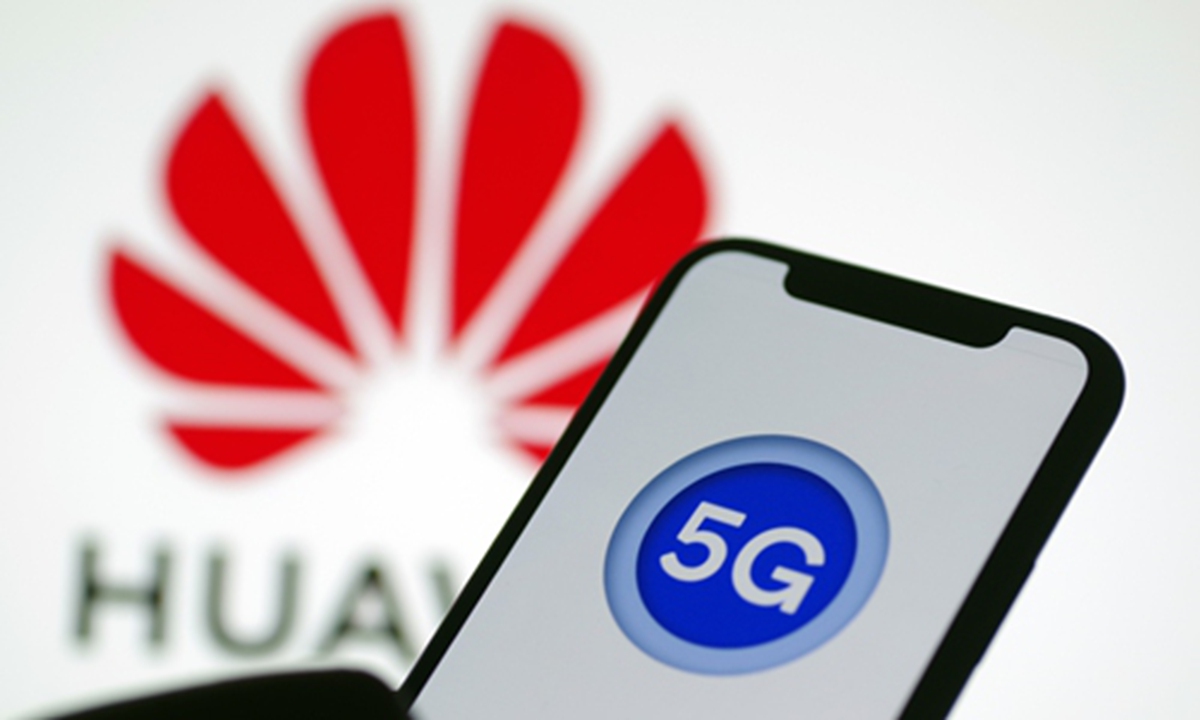COMMENTS / EXPERT ASSESSMENT
Germany’s new 5G security law should treat all companies equally

Photo: IC
German lawmakers on Friday approved tougher 5G security legislation - IT Security Law 2.0 - which gives the government powers to block "untrustworthy" suppliers of 5G equipment.Berlin was on the fence on how to handle Chinese technology giant Huawei for almost two years, some Western media outlets said the new rules capped doubts over whether the Europe's largest market would get tough on Huawei, bring Germany closer into line with other EU countries on the issue.
Bundestag's approval of the 5G security legislation, which introduces national and intra-government security apparatus as a standard into technology issues, represents tougher attitude on Huawei's 5G, but it's largely different from an administrative order to ban or a targeted restriction on Huawei's equipment.
In digital era, as issues are emerging with constant technology evolution and innovation, it's normal for countries to introduce and develop relevant security rules, but such moves should not turn "national security" as a catch-all guise to discriminate or even arbitrarily crack down on other countries' tech companies.
As long as a country introduces unified and normalized security rules to treat companies from all countries equally, rather than use it as a political tool to align with the US' political agenda to contain China's technology growth, the rules will be accepted by Chinese technology companies including Huawei.
Huawei welcomes Bundestag's approval of IT Security Law 2.0, said Carsten Senz, head of corporate communications of Huawei in Germany, noting this means all equipment suppliers should meet higher and unified security standards, according to media reports.
Last week, Chinese and German foreign ministers reached consensus on opposing economic decoupling. As the US is busy trying to coerce its allies to decouple from China, the German foreign minister's comment on decoupling reflects that it is not expected to simply follow the US' lead to crack down on Chinese companies at the expense of its own interests. China and Germany are expected to carry out cooperation according to their own development needs.
On the path to Germany's 5G network rollout, although Berlin has made a misguided investment in Open RAN, an unproven telecom industry concept that promises much but has so far produced little, it is expected to realize that the idea has been hyped up too much by the US and true Open RAN is still several years away from fruition. It's not feasible for Germany to pin its hope on Open RAN to solve its 5G problems.
It should been noted that Germanys' stance on Huawei issue is still changing even after years of debate. Although the latest German security law added a line that the use of new critical 5G components have to match "security policy goals" of Germany, the EU and NATO, which hold more cautious attitude against China in critical and sensitive parts of new telecoms networks, the implementation of the law still has large flexible room in the future. Let's wait and see whether such rules will be used as political tools.
The article was compiled based on an interview with Xiang Ligang, director-general of the Beijing-based Information Consumption Alliance. bizopinion@globaltimes.com.cn



